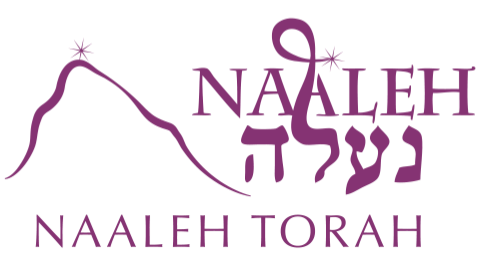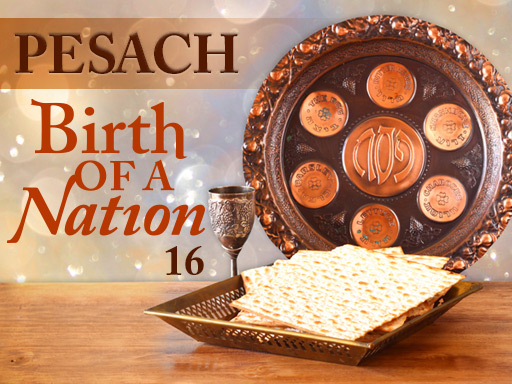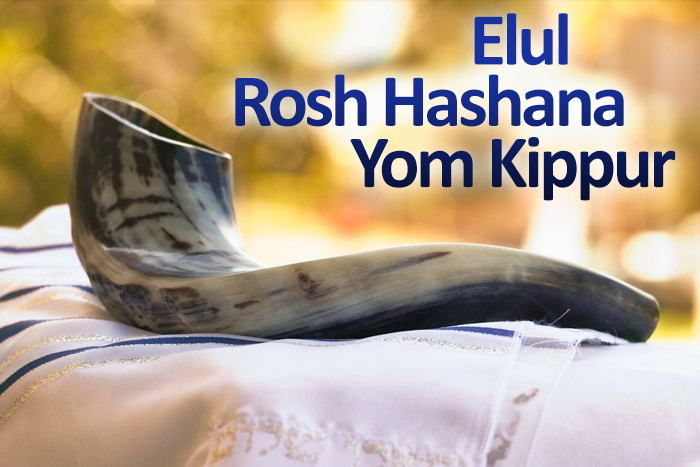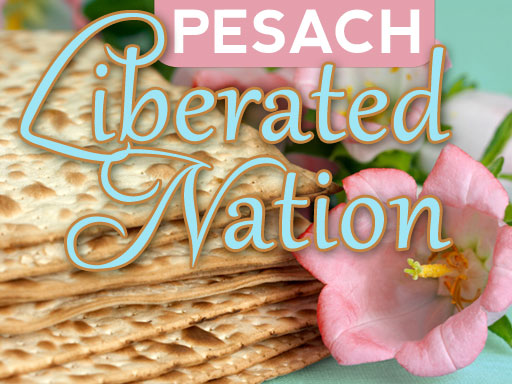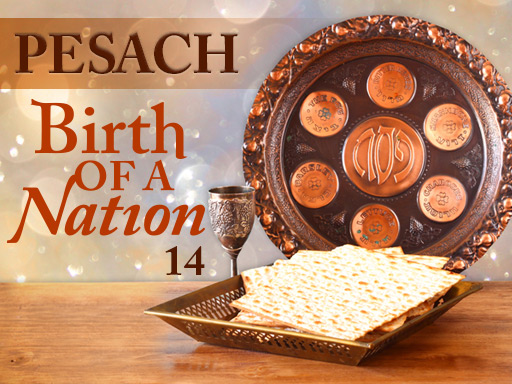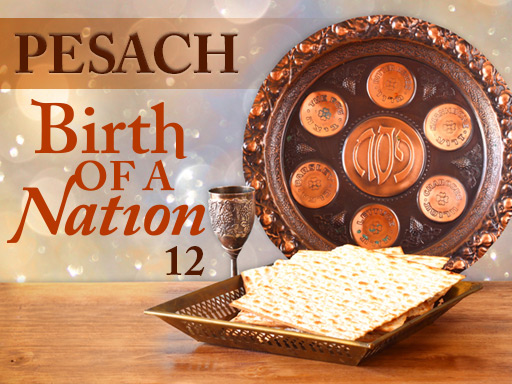Shavuot: Naaseh V’Nishma
Posted onIn this Torah shiur (class) in honor of Shavuot, Rabbi Beinish Ginsburg discusses three possible ways to understand the words ‘Naaseh V’Nishma’, the declaration made by the Jewish People as they accepted the Torah. Rabbi Ginsburg explains how these words can help each individual prepare for their personal Kabbalat HaTorah on Shavuot.
